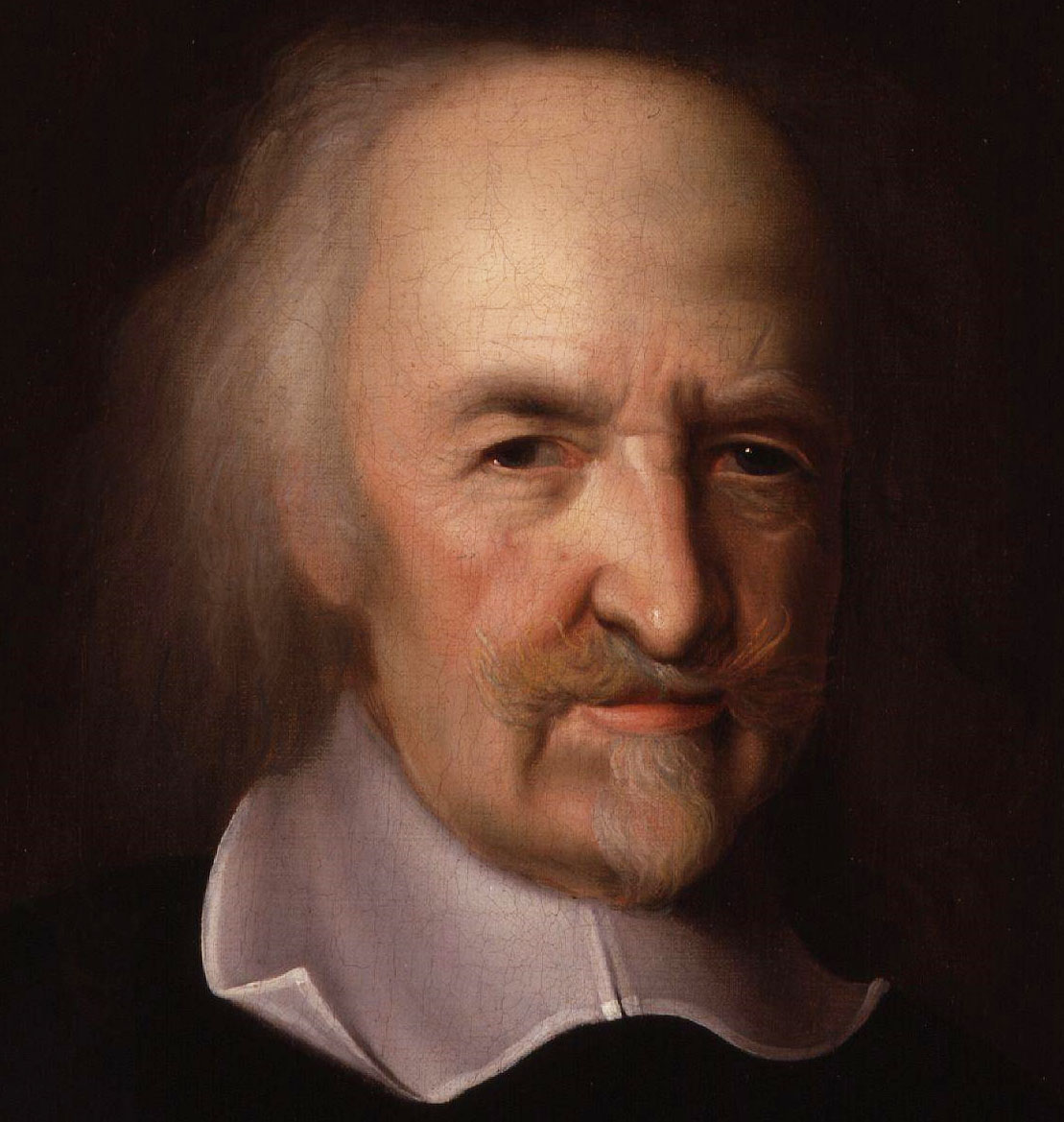Thomas Hobbes Frases famosas
na obra "Memórias de um gerubal", página 91 http://books.google.com.br/books?id=pfpTDKDH0TIC&pg=PA91&dq=O+homem+%C3%A9+o+lobo+do+homem, Roberto de Mello e Souza afirma que citação é de Plauto (século III-II a.C.), na quarta cena do segundo ato da comédia "Asinaria"; citação que Hobbes utilizou na obra "Sobre o cidadão"
"Memórias de um gerubal: a história (vivida) da administração de pessoal no Brasil de 1945 ao século XXI : formação de um executivo"; Por Roberto de Mello e Souza; Publicado por Senac, 2004; ISBN 8587864416, 9788587864413
Atribuídas
Variante: O homem é lobo do homem, em guerra de todos contra todos.
Citações de homens de Thomas Hobbes
Thomas Hobbes frases e citações
"Leviathan", capitulo XVII; Por Thomas Hobbes
“Os costumes resultam do hábito convertido em caráter.”
Variante: Os costumes resultam do hábito convertido em carácter.
“As duas virtudes cardinais da guerra : força e fraude”
Variante: As duas virtudes cardinais na guerra são a força e a fraude.
“Ciência é o conhecimento das consequências, e da dependência de um fato em relação a outro.”
Thomas Hobbes, filósofo inglês, conforme encontrado em Singh, Simon - Big Bang - Capítulo: "O que é ciência?" - Editora Record - 2006 - pág.: 459
Atribuídas
Fear of power invisible, feigned by the mind, or imagined from tales publicly allowed, religion; not allowed, superstition. And when the power imagined is truly such as we imagine, true religion.
"Leviathan", primeira parte; Por Thomas Hobbes; veja (wikisource)
Publicado Mundo da Filosofia; p. 208;25 ISBN 8587864416, 9788587864413
Atribuídas
Thomas Hobbes: Frases em inglês
“For Appetite with an opinion of attaining, is called HOPE.”
Leviathan (1651)
“A Covenant not to defend my selfe from force, by force, is always voyd.”
The First Part, Chapter 14, p. 69
Leviathan (1651)
The Third Part, Chapter 36, p. 226 (See also: Glossolalia)
Leviathan (1651)
The First Part, Chapter 6, p. 29 (See also: Rene Girard)
Leviathan (1651)
“For he that hath strength enough to protect all, wants not sufficiency to oppresse all.”
De Cive "Of the right of him, whether Counsell, or one Man onely, who hath the supreme power in the City" (1642) Ch. 6
“No man is bound by the words themselves, either to kill himselfe, or any other man.”
The Second Part, Chapter 21, p. 112
Leviathan (1651)
“In the state of nature, Profit is the measure of Right.”
...in statu naturae Mensuram juris esse Utilitatem.
De Cive (1642)
The Second Part, Chapter 24, p. 130 (See also: Velocity of money)
Leviathan (1651)
On the proposition that the volume generated by revolving the region under 1/x from 1 to infinity has finite volume. Quoted in Mathematical Maxims and Minims by N. Rose (1988)
“The same, without such opinion, DESPAIRE.”
The First Part, Chapter 6, p. 25
Leviathan (1651)
“Time, and Industry, produce everyday new knowledge.”
The Second Part, Chapter 30, p. 176
Leviathan (1651)
